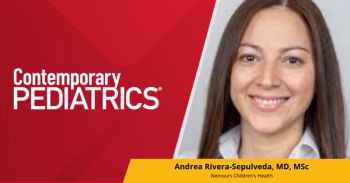
Providing advice outside the medical home: An open door, or better kept shut?
A solicitation of medical advice over dinner with a new acquaintance is cause for discomfort.
On a recent evening, over dinner at a restaurant, I met a young woman who is a first-time mother. Her 3-year-old daughter was adopted at the age of 18 months. When the woman learned that I am a pediatrician, she began asking questions about child behavior and discipline that have come up recently in her and her husband's home.
Now, these weren't big problems-mainly, matters of bedtime routine and rule-setting. I began to realize during our conversation, however, that I was uncomfortable attempting to provide insight and suggestions to this woman whose child was not my patient.
One problem was that I had no real context for the discussion. I had never met the child, let alone examined her or observed her at well-child appointments or sick visits-which, the mother told me, are frequent. In addition, she mentioned the name of her daughter's pediatrician-someone I know and respect deeply, and who had been involved in the family's decisions regarding adoption and was now engaged in the child's life with her new family.
All pediatricians-all physicians, in fact-will recognize the situation in which I found myself. These topics are interesting to us, and it's natural, and tempting, to want to offer advice as if we were familiar with the history, the findings of a physical examination, and the social and family history. After all, we can imagine actual patients we've cared for whose circumstances seem similar to those being described. There is the risk, however, that a suggestion or a comment will, unintentionally, counter assessments or recommendations made by the pediatrician or other health professional who actually knows the child and family in question.
As I thought about my dinner conversation later, I realized that, long before parents consulted the Web for medical advice that is devoid of context and often misleading, physicians and other professionals have been queried for advice that may be well-meaning but that may contradict more informed discussion that takes place with the primary provider of care. When everything works the way it should, there's no place like the medical home.
Newsletter
Access practical, evidence-based guidance to support better care for our youngest patients. Join our email list for the latest clinical updates.








